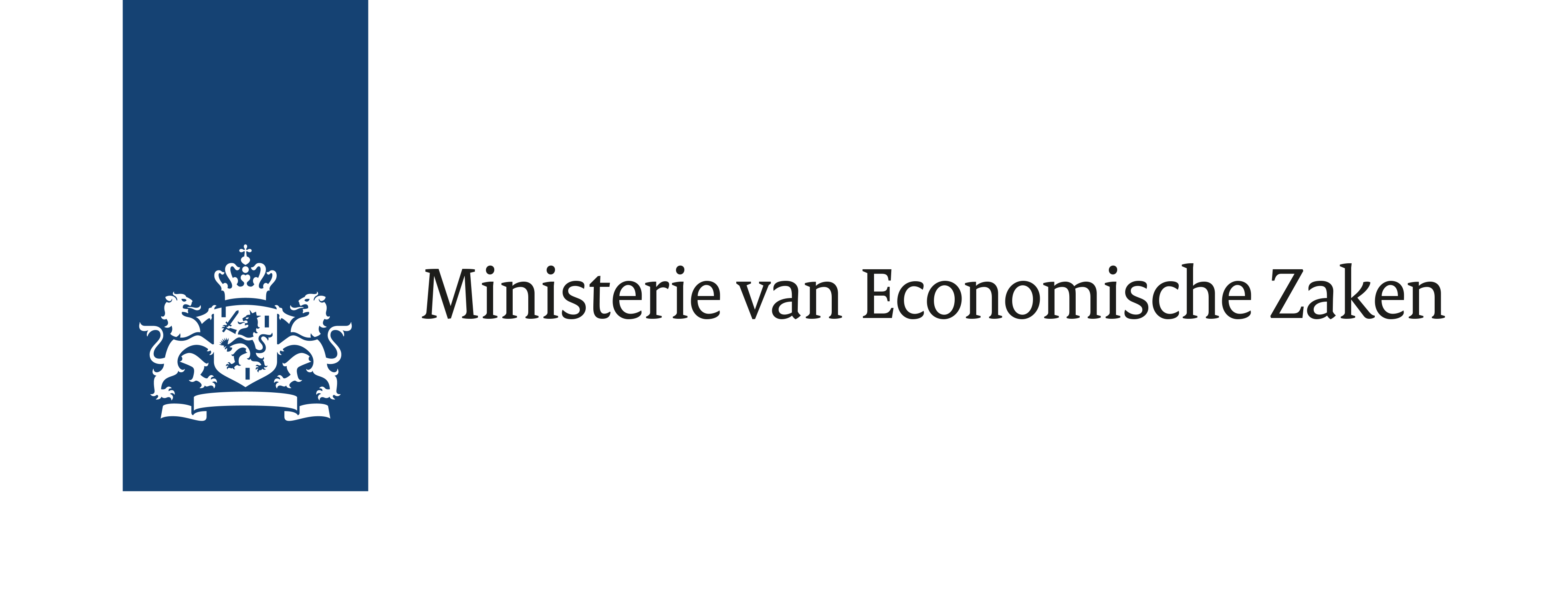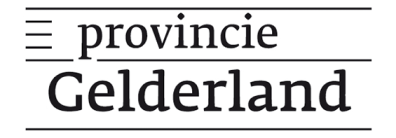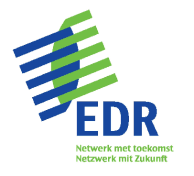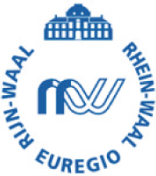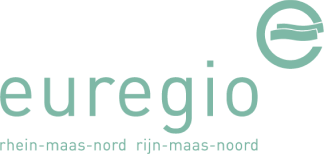Agriculture in Europe faces the enormous challenge of supplying the population with healthy and affordable food while remaining economically viable, despite the consequences of climate change and constantly rising production costs. Healthy and highly functional soils can be a key to successful adaptation to current climate impacts and contribute to slowing down climate change by storing large amounts of CO2. In order to ensure soil quality and to maintain and promote soil health, current forms of cultivation need to be adapted, which requires extensive knowledge, novel analysis methods and detailed cultivation recommendations.
Together with application partners, the consortium of 9 SMEs from Germany and the Netherlands and Rhine-Waal University of Applied Sciences is developing innovative measurement and analysis systems for this purpose, which will be integrated into a new type of monitoring system that enables farmers to assess the current health status of their land at any time. Using machine learning methods, artificial intelligence and complex simulations, the data is documented and evaluated in an associated soil management system, and recommendations for soil health are generated and issued via an integrated decision support system (DSS). Implementing the recommended measures saves natural resources and avoids environmental pollution.
The EU Directive on Soil Monitoring and Resilience (EU Soil Health Law) and its planned transposition into national law will make soil health monitoring even more important in the future.
Addressing this important, growing market segment at an early stage can provide SMEs with essential advantages for their business development and support the future viability of agricultural and horticultural companies. The expertise required for this can only be found across borders.

